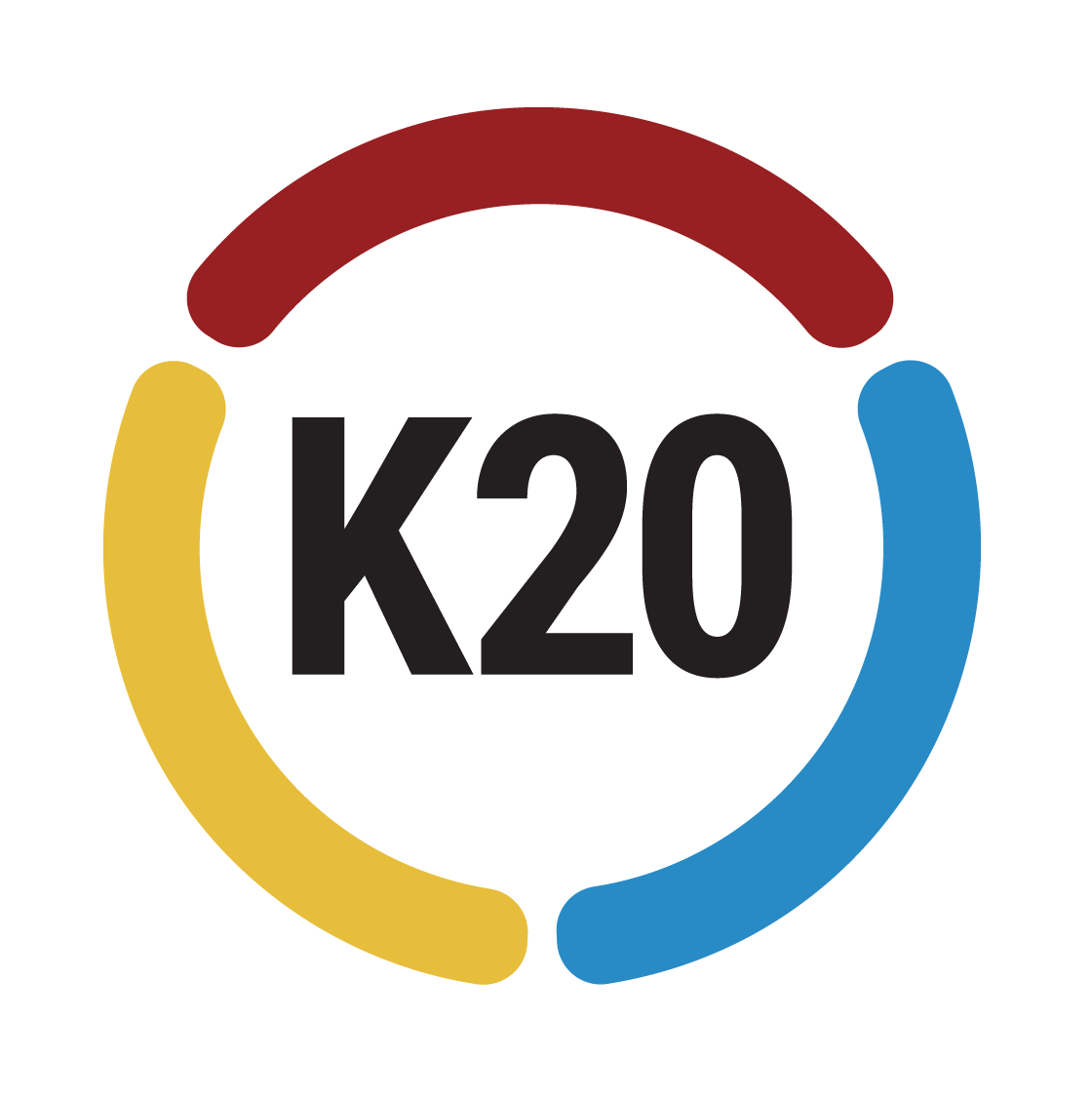Reasons to Work at the K20 Center
The K20 Center for Community and Educational Renewal is a statewide research and development center that promotes innovative learning through school-university-community collaboration. Our mission is to cultivate a network of experts engaged in educational research, training, and support. All of our resources are developed through robust collaborative development applying the latest technologies and perspectives. We are looking for talented professionals from a variety of fields and backgrounds to help us achieve our goals and provide their expert insights.
1. We make students’ lives better.
K20’s mission is to make a positive, sustainable, long-lasting impact on our partner schools and communities. Your work will empower educators with tools and training that they can share with colleagues, creating a network of fellowship, support, and innovation. You will have the chance to unlock the potential of each student by honoring their unique strengths, introducing them to college and career options, and preparing them for their futures.
2. We put technology in teachers’ hands.
Our mission is to revolutionize the resources, tools, and supports available to educators and students. If you love exploring new tech, you understand our passion for using the latest gadgets and apps to engage students and accelerate their learning. Our employees are always on the hunt for new and improving technology, and the Center’s tools, resources, and services are always evolving.
3. We offer competitive benefits.
As part of the University of Oklahoma, the K20 Center offers a competitive and comprehensive benefits package including insurance and retirement benefits. You’ll also get all the other perks of working at OU: a generous 50% tuition waiver and flexible work schedule for those attending classes; staff discounts on sporting events, theater tickets, and other events; gym membership access; and other amenities on our beautiful campus.
4. We offer a flexible work-life balance.
Our work culture encourages flexibility and opportunities for play. We also take time to celebrate our successes and uplift each other through social events like lunch parties, cornhole tournaments, chili cookoffs, costume contests, and more.
5. We encourage you to grow into your career goals.
The K20 Center is growing, and that means new opportunities are always opening. As a K20 employee, you will embark on your own learning path, engaging in professional development training tailored to your interests and professional aspirations. By ensuring you and your colleagues are always learning, we know we are always offering the latest educational strategies and technologies while preparing you for opportunities within the center and beyond. We hire internally for new positions as appropriate, which means you can count on upward mobility in your K20 career.
6. We value collaboration and focus on continual growth of a positive culture and climate.
Building a diverse and inclusive culture is critical to serving our educational stakeholders and the community at large. To this end, we want our employees’ unique experiences and areas of expertise to inform our community efforts. Whether you partner with a cohort principal to draw up new plans for their school or partner with a technologist to discover new uses for augmented reality, we work hard to support you with a workplace culture where each individual is valued, your perspective is treated with respect, and opportunities are equally accessible to all.
7. We value your expertise.
We recruit talent from across the state and the country, searching for experts like you who share our mission to transform education. Our team includes principals, counselors, and teachers who understand the needs of students firsthand, as well as technologists, artists, writers, game developers, media experts, and a variety of other specialists to push the envelope of educational innovation.
Current Career Opportunities at the K20 Center
The Translation and Interpretation Specialist translates instructional, legal, and technical materials with accuracy and cultural relevance, ensuring consistency through quality checks. They provide real-time interpretation in meetings and events, facilitating clear communication between English and Spanish speakers while adapting to cultural contexts.




